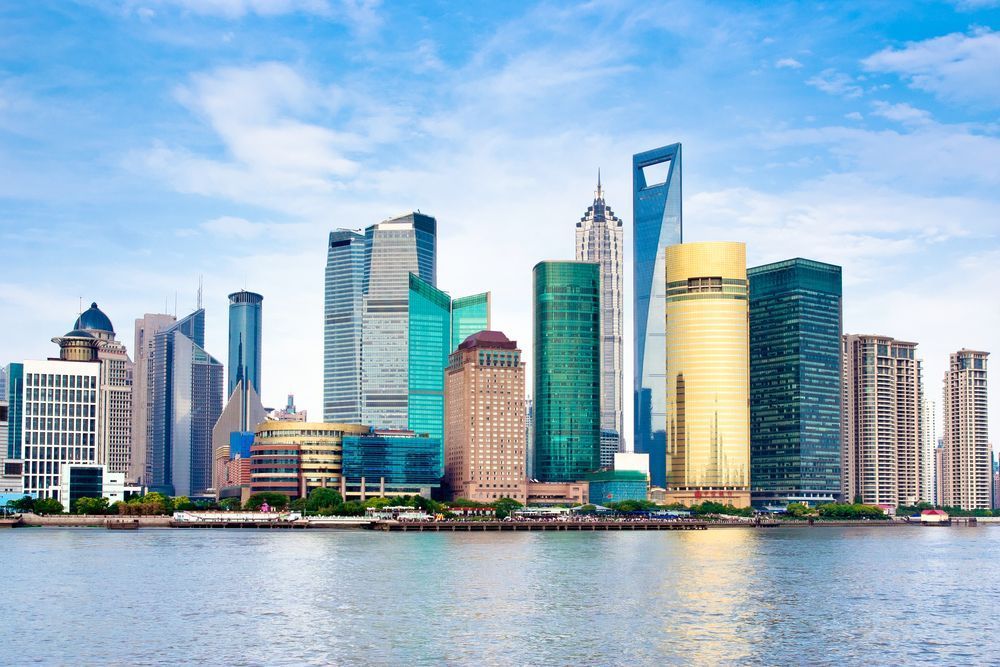From “Made in China” to “Come from China”
April 29, 2016
China was once the world’s factory and people could find lots of “Made In China” products in the shops and supermarkets around the world. Now, besides “Made In China” products, in today’s global market, we see more and more companies and talents with all kinds of skills coming from China. As a professional assisting such Chinese companies and talents going abroad from China, I would just like to share some views regarding how the Chinese companies and talents maintain immigration compliance while going abroad.
How can Chinese companies maintain immigration compliance in a foreign country?
From the corporate perspective, Chinese companies should take compliance to immigration laws of other countries very seriously. No doubt, Chinese companies which are taking the globalization strategy have the strength and courage and are the best-in-industry companies in China domestically. However, as companies from a developing country as well as the pioneers of China going out enterprises, gaps still exist when compared with multinational companies from developed countries in terms of cross-border operation experience. The immigration laws and regulations are a country’s legal base to control the entrance of foreign nationals; hence, they must be different from country to country and are subject to changes from time to time. Chinese companies should consult immigration specialists with respect to immigration and labor laws of the destination countries even as early as at the planning stage of globalization, in order to reasonably design employee expatriate plans and leave plenty of time for the immigration process. This will bring benefits to the smooth roll-out of global business for the Chinese companies.
How can expatriates maintain immigration compliance while going abroad?
From the individual perspective, Chinese talents should learn about and proactively comply with local immigration requirements in host countries. As Chinese companies become more globalized, more and more Chinese talent expatriates need to work and live in foreign countries. Most Chinese companies do not have a global mobility management system in place when they initially launch globalization, while some companies may even ask their expatriates to take care of their visa matters by themselves. Under this circumstance, the expatriates should purposely remind the companies that they need to apply for the most compliant visa category rather than a visa type that is easiest and fastest to obtain due to the business pressure. This poses a protection to not only the companies, but also the Chinese talents themselves because immigration incompliance may lead to fines against both companies and employees; moreover, it is highly possible that employees would face detention, deportation, and ban-on-entry blacklist in the future.
In summary, companies and talents coming from China should always maintain immigration compliance so as to conduct global business successfully and continuously in foreign countries.
To learn more about Wendy Xie and Shanghai office, please visit our page here.
从“中国制造”到“来自中国”
曾几何时,中国是世界的工厂, “中国制造”在世界各地的商店和超市里随处可见。 而如今,除了中国制造的商品,人们看到的是越来越多的来自中国的企业和各类人才走向了世界。作为为“走出去”的中国企业和人才提供全球出入境服务的专业人士,我想谈一下我对中国企业和人才在走出去的同时如何保持出入境方面合规方面的一些看法。
从公司层面,中国企业在走出去的过程中要重视各国的出入境法律法规。 毫无疑问,走出去的中国企业是有实力又有胆略的,也是国内行业中的佼佼者。但是, 作为来自发展中国家的企业以及中国走出去企业的开拓者, 在跨国运营上的经验相较发达国家的跨国公司还是有差距的。各国出入境法律法规是各国控制外国人入境的基本法律依据,因此必然各有不同并且会时有变化。中国企业应当早在计划走出去时,针对当地的出入境和劳动法,咨询专业人士,合理制定人员出差或派遣计划,预留足够的时间,这将给中国企业合法顺利开展全球业务带来益处。
从个人层面,中国人才在他国工作时要熟知并主动严格遵守当地的出入境规定。 随着中国企业变得更加国际化, 越来越多的各类中国人才也需要被外派到异国他乡工作生活。 大多数中国企业在走出去的初期,并无跨国人员流动管理制度,有的公司甚至让员工自己去解决出国的签证问题。 这时,作为走出去的中国籍外派人才,应当有意识地提醒公司,而非迫于公司业务上的压力,去办理自己认为最简单最方便的签证。 这不仅是对公司的保护,也是对自身的保护,因为违反目的国出入境法律法规的后果可能不只是罚款,员工本人被拘留、遣返回国、记录在黑名单上被限制将来入境都是非常有可能发生的。
总之,无论是来自中国的企业还是来自中国的人才,只有在保持出入境合规的前提下,才有可能成功地持续地在全球范围内开展业务或工作。














